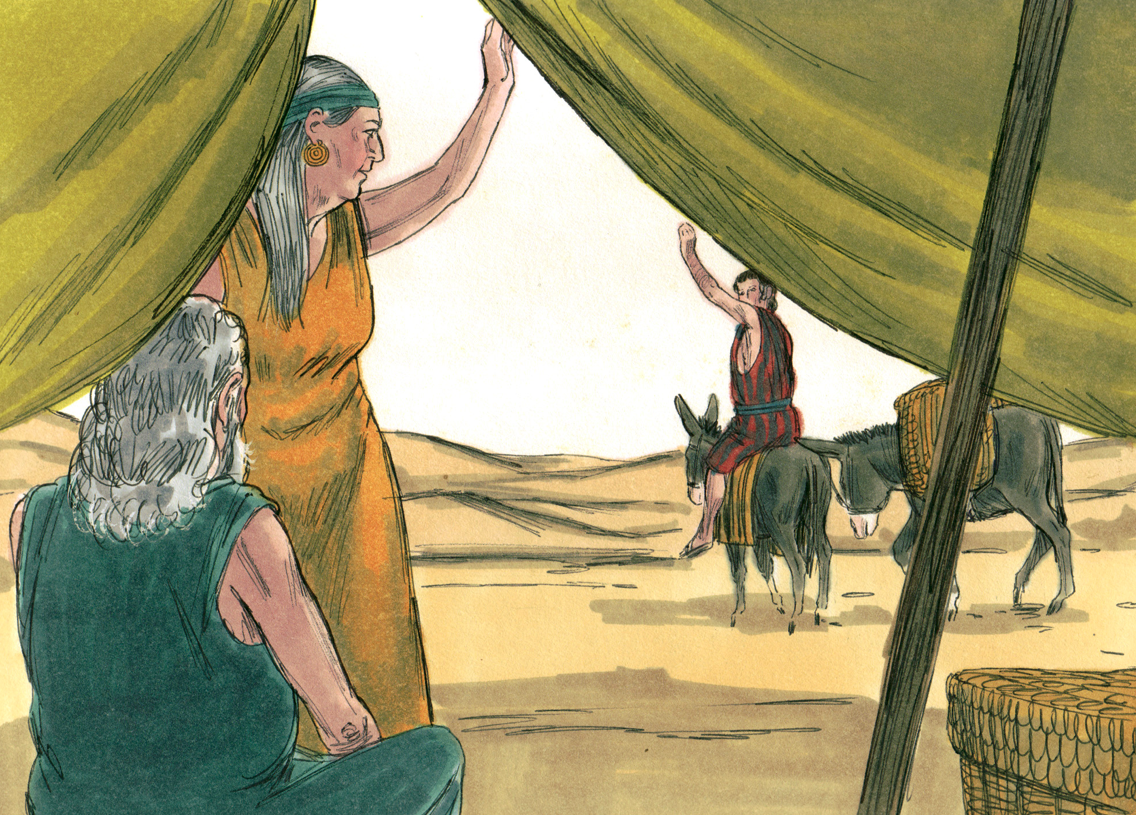 |
| Image: Pixabay.com |
TO CHEW ON: “Let no corrupt word proceed out of your mouth, but what is good for necessary edification, that it may impart grace to the hearers.” Ephesians 4:29
Paul sets out a high standard for how a Christian should act in everyday life in Ephesians 4. In verse 29 he talks particularly about speech. There are three parts to his advice:
1. What speech should not be: “Let no corrupt word proceed out of your mouth…”
[“Corrupt” (sapros) means rotten, putrefied, of poor quality, bad, unfit for use, worthless.]
The Amplified Bible spells out quite clearly what such corrupt speech sounds like: “Let no foul or polluting language, nor evil word, nor unwholesome or worthless talk [ever] come out of your mouth…” - Ephesians 4:29 AMP.
This says to me that certain words, some humor, and certainly unkindness and viciousness toward others (gossip, slander) are inappropriate.
2. What speech should be: “…good for necessary edification…”
“… but only such [speech] as is good and beneficial to the spiritual progress of others as is fitting to the need and the occasion…” (AMP).
This says to me that helpful speech comes out of knowing the need of the person you’re talking to, out of empathy, and out of an awareness of the spiritual dimension of the situation. Good speech builds up rather than discourages.
3. What speech should accomplish: “… impart grace to the hearers.”
“… that it may be a blessing and give grace (God’s favor) to those who hear it” AMP.
[“Grace” (charis) is that which affords joy, pleasure, delight, sweetness, charm, loveliness, grace of speech, good will, loving-kindness, favor.]
Of course behind all speech is the mind/heart of the speaker. Jesus’ words (“‘…For out of the abundance of the heart the mouth speaks’” - Luke 6:45) remind us that at its root, speech is a heart issue.
If we’re finding the above speech standards difficult or impossible to uphold, maybe our energy would be best spent looking at and dealing with what’s in our hearts.
PRAYER: Dear Jesus, please help me to see speech problems as symptoms of a heart that needs Your touch. Amen.
PSALM TO PRAY: Psalm 9
*********
Unless otherwise noted all Scripture quotations are taken from the New King James Version®. Copyright © 1982 by Thomas Nelson, Inc. Used by permission. All rights reserved.
Scripture quotations marked AMP are taken from the Amplified® Bible,
Copyright © 1954, 1958, 1962, 1964, 1965, 1987 by The Lockman Foundation
Used by permission." (www.Lockman.org)





.png)












